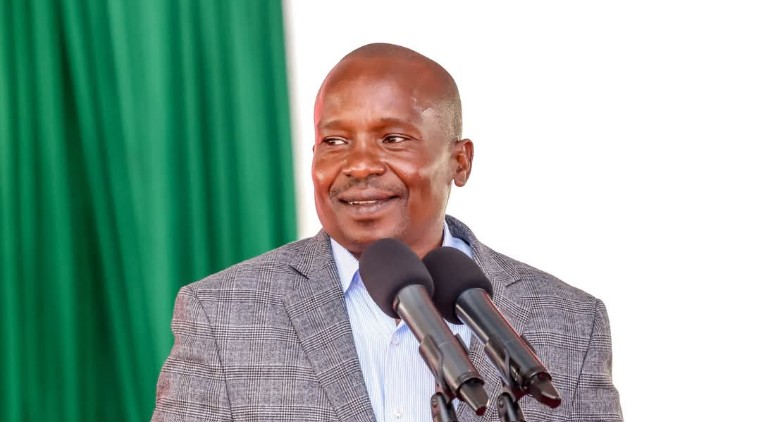KRA Board retains hiring powers after MPs reject state-sponsored Bill

The decision came after the Finance Committee of the National Assembly overturned a state-sponsored bill aimed at giving the KRA Commissioner General exclusive powers.
Members of Parliament have reinstated the Kenya Revenue Authority (KRA) Board’s authority to hire deputy commissioners, rejecting a government-backed proposal that sought to centralise the power with the Commissioner General.
The decision came after the Finance Committee of the National Assembly overturned a state-sponsored bill aimed at giving the KRA Commissioner General exclusive powers to appoint deputy commissioners without the involvement of the KRA board.
The controversial proposal was included in the KRA (Amendment) Bill (No.2), 2024, which sought to amend Section 13 of the KRA Act, transferring the power of appointing deputy commissioners from the board to the Commissioner General.
The Bill argued that the commissioner general should be allowed to appoint deputy commissioners without interference.
“The commissioner general shall appoint such deputy commissioners as may be deemed necessary,” the Bill read.
However, the Finance Committee, chaired by Molo MP Kimani Kuria, rejected this approach, asserting that the KRA board should retain its oversight role in the appointment process.
The committee proposed that the board should continue making subsequent approvals for appointments, providing an additional layer of oversight.
Strengthening governance structure
“The additional layer of oversight would ensure a transparent and accountable process in the selection of senior management, thereby strengthening the governance structure of the Kenya Revenue Authority,” the committee said in its report tabled in Parliament.
The committee also acknowledged the need for the Commissioner General to have the ability to appoint deputy commissioners but emphasised that the board should remain involved in the process.
“It would be important for the deputy commissioner to be appointed by the Commissioner General,” the committee said, adding that the change aims to streamline KRA’s internal management structure for quicker decision-making.
Under the current law, the KRA board is responsible for appointing commissioners and deputy commissioners, while the Commissioner General can appoint other staff members necessary for the efficient operation of the authority.
Deputy commissioners, as part of KRA’s top management, attend board meetings in the absence of commissioners but do not have voting rights.
The proposed changes are part of ongoing discussions about governance at KRA.
In the Finance Bill of 2023, the Commissioner General had been stripped of powers to appoint senior officers, raising concerns over the centralisation of authority.
Other Topics To Read
The latest proposal in the Finance Bill, 2024 which aimed to further reduce the board’s powers, was withdrawn after protests.
Currently, KRA has seven commissioners overseeing key departments, including Customs and Border Control, Domestic Taxes, Legal Services, Strategy, and Risk Management.
Should the latest proposal be approved, the board will retain its final say in the appointment of senior staff, including deputy commissioners.
Top Stories Today











































